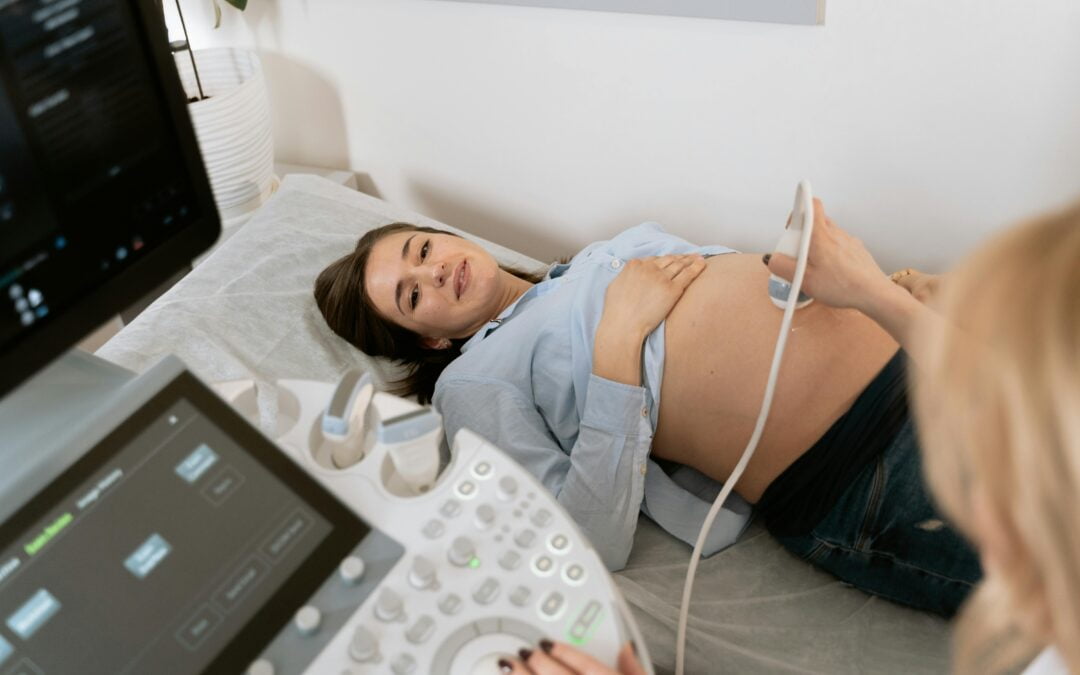The first visit to the gynecologist can be a new experience and, for many young women, accompanied by emotions or even anxiety. However, it is an important step for every woman's health, giving her the chance to understand her body and maintain optimal reproductive health. In this article, we'll explore when you should have your first gynecological checkup, what to expect during your consultation, and how to prepare for this visit.
When should a teenage girl go to the gynecologist for the first time?
Specialists recommend that the first visit to the gynecologist takes place between the ages of 13 and 15, even if there are no obvious health problems. This visit does not always involve a detailed physical exam, but rather is an opportunity to establish a trusting relationship with the doctor and discuss normal development, menstruation, contraception, and general health.
What does the first visit to the gynecologist include?
The first gynecological examination does not have to be scary. In most cases, it will be a general discussion and will not include a full physical exam unless there are symptoms that require further investigation.
1. Initial discussion
The doctor will most likely start with a series of questions about your medical history, menstruation, sex life (if applicable), and any symptoms or concerns you may have. It is important to answer these questions honestly, as your doctor is there to help you and give you the best advice for your health.
2. Explanations about body development
For teenage girls, this visit may include discussions about puberty and the changes that occur in the body during this time. The doctor will answer any questions about menstruation, breast changes or other aspects of reproductive health.
3. Physical examination (optional)
If there are no specific symptoms or problems, it is not mandatory to have a complete physical examination at the first visit. However, if necessary, the doctor can perform an external abdominal check or a simple breast exam to check for normal development and any abnormalities.
4. Learning about sexual health and contraception
If you are sexually active or plan to become, this visit is a great time to discuss birth control and STD prevention. Your doctor can explain the options available and help you choose the best method for you.
How to prepare for the first visit to the gynecologist?
- Bring questions with you: Think about any questions or concerns about your period, your reproductive health, or any symptoms you've noticed. Write them down and bring them to your doctor to make sure you get the answers you need.
- Be open and honest: The gynecologist is there to help you, not to judge you. Be honest in discussions about your sex life, the symptoms you've had or any other aspects of your health. The correct information allows the doctor to give you the best recommendations.
- Relaxation: It's normal to be a little nervous before the visit, but try to relax. Your first visit is an opportunity to learn more about your body and prevent long-term health problems.
Why should there be no anxiety about visiting the gynecologist?
Many young women feel anxious before their first gynecological examination, but this fear can be reduced if you understand the purpose and benefits of the visit. Gynecologists are reproductive health professionals and are used to treating patients of all ages. Their role is to help you maintain your health and give you essential information to make informed choices.
Once you get past your first visit, you'll realize it's an important and positive step for your well-being. This experience will help you become more confident in your own body and feel comfortable discussing any health issues openly.
Conclusion
The first visit to the gynecologist is an important time for any woman, providing the opportunity to receive essential advice about reproductive health and to start taking proactive care of your body. There's no need to be nervous or afraid—this visit is an opportunity to learn more about yourself and ensure optimal health for years to come.

